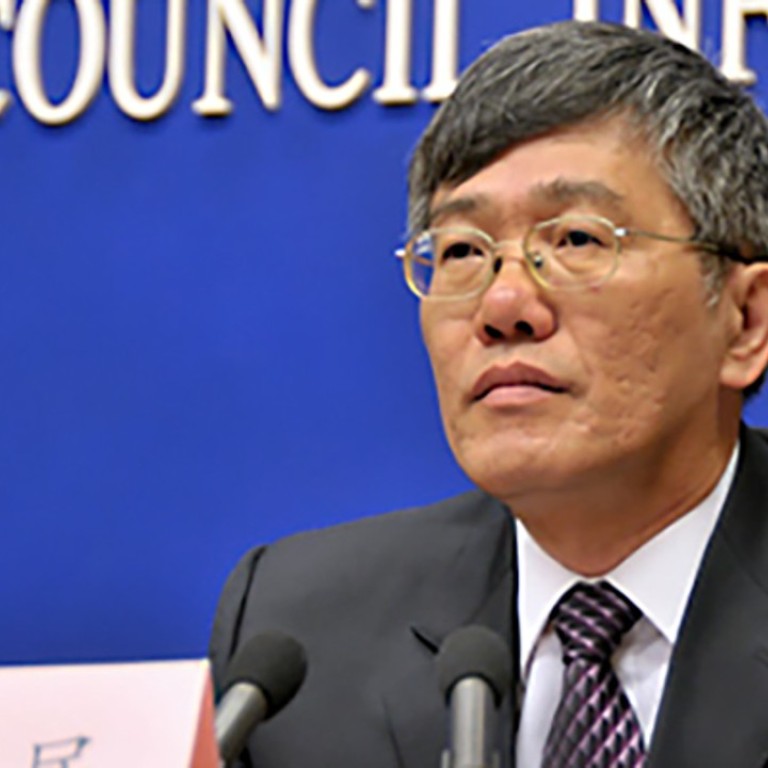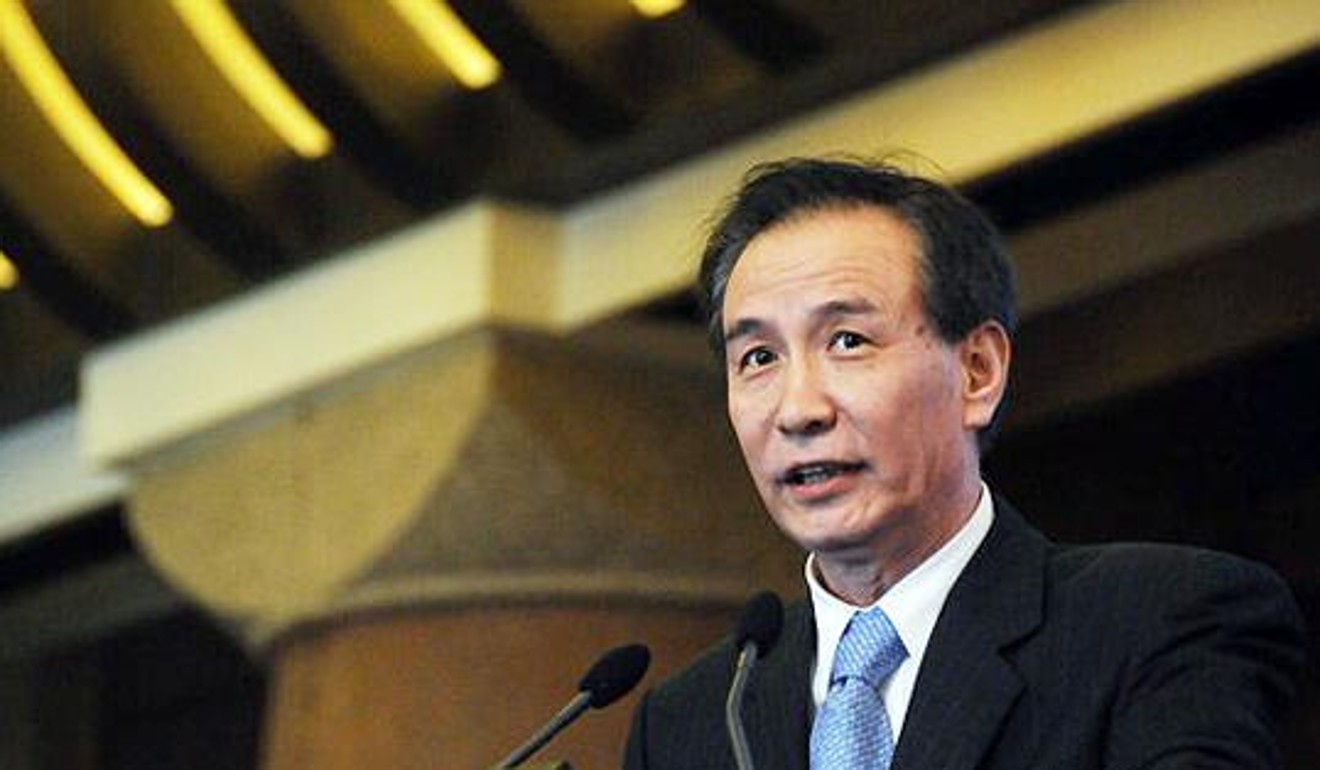
The shadowy office at centre of China’s economic policymaking
The presence of Yang Weimin, a deputy director at the Office of the Central Leading Group on Financial and Economic Affairs, at a press conference on Tuesday themed on the environment displayed the power of his shadowy office.
While Yang is a deputy in his office and holds no formal position in the government, he is ranked higher than Li Ganjie, China’s environment minister, at the Communist Party congress in Beijing.
Yang’s office has no website, no external telephone number and not even a public address, but there is little doubt that it has become the “nerve centre” of China’s economic policymaking over the past five years as President Xi Jinping has concentrated economic decisionmaking around the body.
Here are key facts about the office that serves the Central Leading Group on Financial and Economic Affairs – one of the many leading groups headed by Xi.
1. What’s the role of the general office?
It provides advice on a range of strategic issues from the housing market to water resources. According to an article published on the party’s website, the office of the leading group makes decisions on China’s macro economy, which the economic planning agency the National Development and Reform Commission then implements.
2. Who runs the office?
Liu He, a man trusted by Xi, has been heading the office for the past five years. Yang is one of his deputies, along with Yi Gang, a deputy governor at the central bank, and Zhu Guangyao, a vice-finance minister.

As Liu is tipped to become the Communist Party’s principal theorist, it leaves questions over who will replace him.
3. Will the department assume more power in the coming five years?
Very likely. The office has come to the forefront in recent years. Liu has accompanied Xi on overseas trips, inspected provinces on his own and held talks with the US Treasury Secretary over the phone to explain Beijing’s policy positions.
The high-profile presence of the office’s executives at press conferences and other events highlights the office’s hands-on control on economic issues.
After a consolidation of power at the 19th Party Congress, Xi is expected to focus more on economic issues in his second five-year term, a development that will further empower the office.
4. Does the office’s work conflict with that of the cabinet, the State Council?
Not necessarily. Li Keqiang, the premier, is the deputy head of the leading group the office serves. The leading group is made up of State Councillors and ministers. The office’s many members have governmental posts as well. Liu is also a vice-chairman at the National Development and Reform Commission.
The office is attached to the leading group and its power grows or diminishes along with body that oversees it. The party decided to scrap the leading group on economic affairs in 1989, but it was re-established at the end of 1992.


